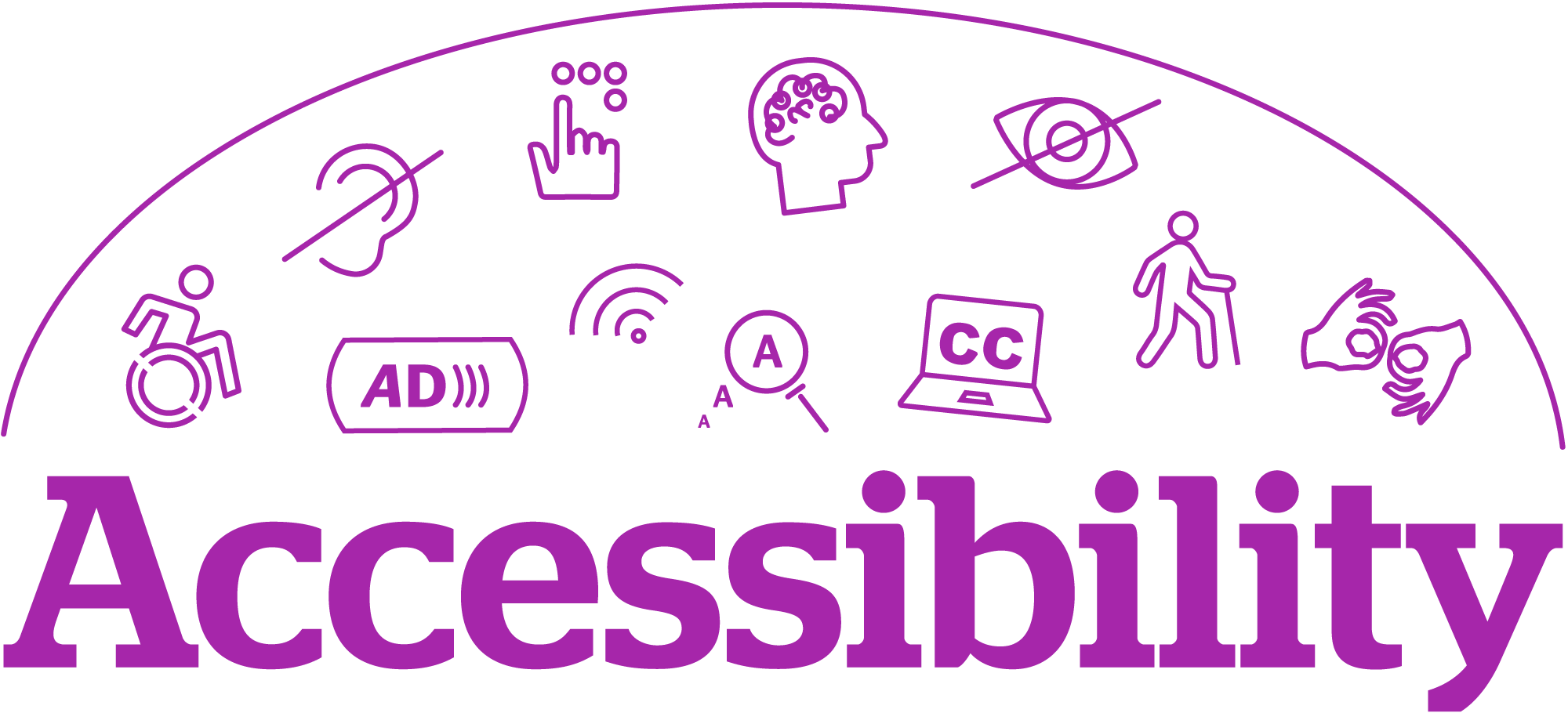Quality education is a fundamental right and a cornerstone for individual and societal development. It goes beyond mere access to education, encompassing a range of factors that ensure learners receive the best possible learning experience. This article explores the definition of quality education and the essential components that contribute to it.
Definition of Quality Education
Quality education can be defined as an education that is inclusive, equitable, and conducive to personal and social development. It equips learners with the knowledge, skills, attitudes, and values necessary to thrive in a rapidly changing world. Quality education is not just about achieving high academic scores; it emphasizes holistic development, critical thinking, and the ability to navigate real-world challenges.
Key Components of Quality Education
1. Inclusivity and Accessibility
Quality education should be accessible to all individuals, regardless of their socio-economic background, gender, or abilities. Inclusivity means that education systems actively work to eliminate barriers that prevent marginalized groups from participating fully in educational opportunities. This includes addressing disparities in resources and providing support for students with special needs.


2. Curriculum Relevance
A high-quality education features a curriculum that is relevant to students’ lives and future aspirations. This means incorporating local context, cultural relevance, and global issues into the curriculum. It should encourage critical thinking, creativity, and problem-solving, equipping students to adapt to a rapidly evolving job market.
3. Qualified Educators
Teachers are central to the quality of education. Qualified, well-trained, and motivated educators can significantly influence student learning outcomes. Ongoing professional development and support for teachers are essential to ensure they are equipped with effective teaching strategies and subject matter expertise.
4. Engaging Learning Environments
Quality education is facilitated in safe, supportive, and stimulating learning environments. Classrooms should encourage active participation, collaboration, and interaction. Schools should also promote social and emotional learning, helping students develop resilience and interpersonal skills.

5. Assessment and Feedback
Effective assessment practices are crucial for quality education. Regular assessments should not only measure students’ academic performance but also provide valuable feedback that informs teaching practices. Formative assessments, which focus on ongoing learning, can help identify areas for improvement and support personalized learning paths.
6. Community and Parental Involvement
Quality education thrives when there is strong collaboration between schools, families, and communities. Engaging parents and community members in the educational process fosters a supportive network for students and encourages shared responsibility for educational outcomes.
7. Lifelong Learning
Quality education should instill a love for learning that extends beyond formal schooling. It should encourage curiosity and a desire for continuous improvement, preparing individuals to adapt to new challenges and opportunities throughout their lives.
Conclusion
Quality education is a multifaceted concept that encompasses access, relevance, and effectiveness. By prioritizing inclusivity, a relevant curriculum, qualified educators, engaging environments, and community involvement, education systems can provide learners with the skills and knowledge necessary for personal and societal advancement. As the world continues to change, the definition of quality education will evolve, but its core principles will remain vital in shaping informed, capable, and resilient individuals ready to contribute to their communities. Investing in quality education is essential for achieving sustainable development and fostering a brighter future for all.
No Responses